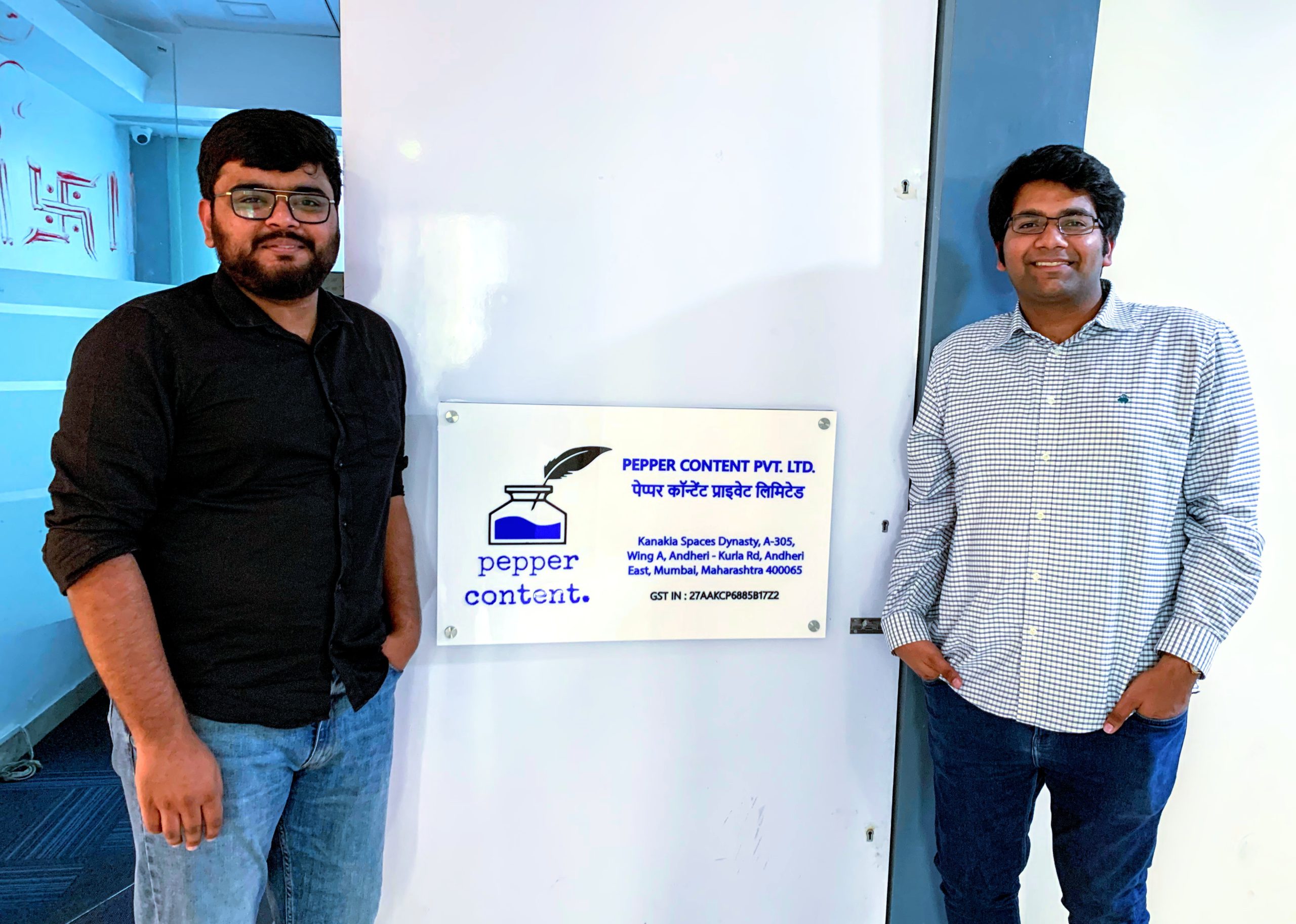• India currently has a 250 million strong user base on SFV platforms with 65%-70% of them hailing from Tier-2 cities and other semi urban and rural centers. They are often from middle and high-income backgrounds
• Original, relatable and non-inflammatory content with lower rates of repetition has led to increased engagement among users, placing Net Promoter Score for Indian SFV platforms at ~55%
• Razor-sharp content recommendations driven by continuously improving NLP/ML algorithms as well as comprehensive moderation standards are part of these platforms
• Brands are looking to rope in UGC influencers for campaigns, especially in video ads. YouTube and Meta are currently dominating the video advertising space
Bengaluru, NFAPost: The Tiktok ban of 2020 left a major content gap that was quickly filled by the rise of both Indian and international Short-Form Video (SFV) platforms.
Offering bite-sized entertainment for diverse audiences, these platforms are paving the way for a newer and more nuanced form of advertising and content consumption.
Homegrown SFV platforms currently have a user base of about 250 + million with approximately 65% of them hailing from Tier-2 cities and beyond.
As ~40% of the users have been conducting online transactions on these platforms, the opportunities for monetisation are manifold.
It has been observed that monetisation facilities across ecommerce, online gaming and OTT video streaming sites are gaining popularity among users.
A growth story fueled by audiences in Tier-2 cities and beyond
While global SFV platforms may be popular among urban users, Indian SFV platforms have witnessed greater uptake among audiences in non-metro and semi-urban areas mostly owing to the availability of quality regional-language content created by local talent.
Redseer’s research reveals that ~45% of Indian SFV users reside in semi-urban and rural centers and interact with a diverse set of internet platforms ranging from gaming to eCommerce.
Redseer Associate Partner Mukesh Kumar said the growing popularity of Indian SFV platforms is a welcome development as it has furthered the ambit of digitisation in India and is maximising value for platforms, brands and end-users through its data-led and language-inclusive approach.
“With the rise in disposable income among the dominantly Tier-2 + users, India’s SFV landscape holds multiple possibilities for monetization. New-age models like live commerce and live gifting can prove to be feasible in raising the bar for monetization,” said Redseer Associate Partner Mukesh Kumar.
On performing a demographic assessment, the research report also revealed that ~64% of the user base on Indian SFV platforms comprised of individuals up to the age of 25 years. Less than 3% of Indian SFV users are mature users.
Original, Relatable and Safe content drives up engagement rates
Content led by the ‘hook and hero’ narrative is effective in reaching out to diverse user demographics. SFV platforms are home to original and relatable content which is seen to have grown to 99% in 2023, in comparison to 92% in 2022.
A ~70% content relevance rate enables well-crafted material to reach the appropriate demographic or interest group. India’s SFV platforms are investing in Content Moderation Processes which has led to inflammatory material taking up less than 0.5% of the total share of content.
Provisions to prevent the repetition of content, and to promote diversity across genres have directly contributed towards increased engagement rates among audiences. It is important to note that Indian SFV platforms have seen an increase in Net Promoter Score to ~55%, making them a tool for advertisers to watch out for.
Users have rated the SFV platforms highly along many experience parameters including Content Quality, UI/UX, Data Privacy, Loading Time and Quality of Influencer among others.
The leading performer in the ecosystem exhibited ratings between 8.2-8.6 on an 8.6-point scale with its competition following closely behind. Additionally, the continuous learning mechanism built into the existing ML/NLP algorithms ensure high accuracy in the tagging of content.
Brands set to champion User Generated Influencers (UGC) for campaigns
The rising popularity of UGC content platforms has helped create an ecosystem of 3.5 Mn influencers or new-age celebrities who serve as the growth engine of SFV platforms.
These influencers can be classified into four archetypes namely Micro, Macro, Mega, and Elite who can earn more than Rs 1.5-2 lakh per month through advertising and live commerce. As the platforms mature, their earnings diversify across platform payouts, brand deals and virtual gifting.
Brands across categories are beginning to utilize homegrown SFV platforms given their value proposition, growing user base especially in Tier-2+ regions, monetization potential and the volume of online transactions.
Currently, Beauty and Personal Care (BPC) as well as Fashion are already collaborating with new-age influencers to tap into larger audiences. Despite an ongoing funding winter in the startup landscape, advertorial spending is gradually stabilizing across SFV platforms, and experimentation is underway to identify the model of advertising that can provide maximum return on investment.
Decoding the SFV value proposition for advertisers
The current crop of advertisers can unlock a lot of value through the incorporation of SFV platforms in their strategies. Given their cost efficiency, higher rates of engagement and the sheer density of audiences that they cater to, SFV platforms are hard to miss.
They typically have higher Click-through Rates (CTR) than other content platforms due to more engaging, shorter, non-intrusive ads. The higher reach of SFV platforms coupled with lower Costs per Mille (CPMs) lead to reduced Costs per Click (CPCs).
Indian SFVs have significant time share and mind share of Bharat users making it a highly effective platform for reaching with them in a cost-effective manner.





